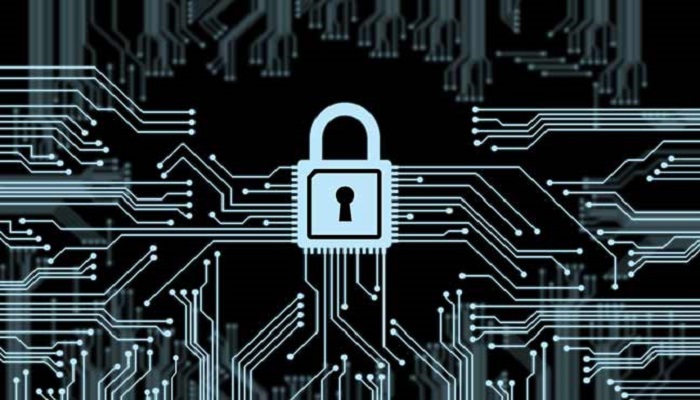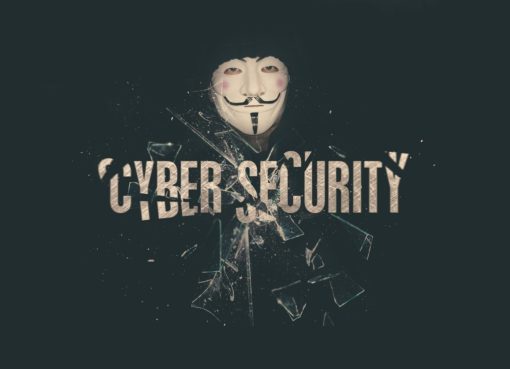Historic hacks are making headlines practically every month these days. Some breaches wind up with a hacker arrested, but often the perpetrators are never found.
How do you protect yourself? Here are three ways to help ensure your laptop or mobile device is not being hacked.
Canary Tokens
Canary tokens provide a means of detection. They let you know when someone is poking around in a file.
The way canary tokens work is simple. You create a token, place it somewhere, and if anyone opens that file, you will receive an email alert.
To be alerted to the presence of an intruder, place canary tokens at critical locations on your devices and in the cloud. Your dropbox, iCloud, desktop, etc. should all have a canary token file with an enticing name to intrigue hackers. Something like “financial account information” would be very tempting for a hacker to open.
Of course, you don’t want any real information in there. Just put something inside the file that looks legitimate but doesn’t have your actual passwords or usernames.
Canary tokens can be created in the form of word documents, images, emails, PDF documents, and more.
Proper Password Practices
One of the top reasons people get hacked is not managing their passwords well. There are several ways hackers can crack passwords, but we won’t get into them here. We’re more concerned with how to defend against them.
Remember these four things when it comes to passwords:
- Use a password manager
- Use unique passwords
- Use strong passwords
- Change passwords regularly
There are many password managers out there to choose from. Most of them have free versions, but you will have to pay a small monthly fee to have your passwords backed up in the cloud and synced to all of your devices. It’s a small sacrifice for security and convenience.
Also, read: How to detect and avoid a DNS Leak while using VPN?
Unique passwords are important. If a hacker gets one password, and you’ve used that password elsewhere, now they have access to multiple accounts you own. And strong passwords are important because they’re more challenging to crack. It’s widely agreed upon. A password that is 14 characters long with a random mixture of lower case and upper case letters, numbers, and special characters is the most secure.
Finally, be sure to change your passwords often. Significant data leaks happen all the time, and you never know when your account info was contained in one of those leaks. Changing passwords helps to ensure that you stay one step ahead of the bad guys.
Use Anti-Virus and Firewall Software
Like password managers, many anti-virus and firewall providers have both free and paid versions. It’s up to you to research and decide which programs and plans fit your needs and budget.
It’s best to set your anti-virus software to scan for malware regularly, anywhere from one time per week to one time per hour. The “real-time protection” feature scans for issues constantly but usually requires a paid plan.
As for firewalls, Microsoft Windows comes complete with a pretty good standard firewall system. The firewall can be customized easily, and most security experts agree it works well for being free.
Mac users, on the other hand, are recommended to get third-party software. The standard Mac firewall is a one-click solution that blocks all incoming connections. It is turned off by default. If you’re on a Mac, ensure this is turned on right away.
Doing these three things will help to ensure your devices are not being hacked. Besides, remember to keep your software up to date at all times as well.




